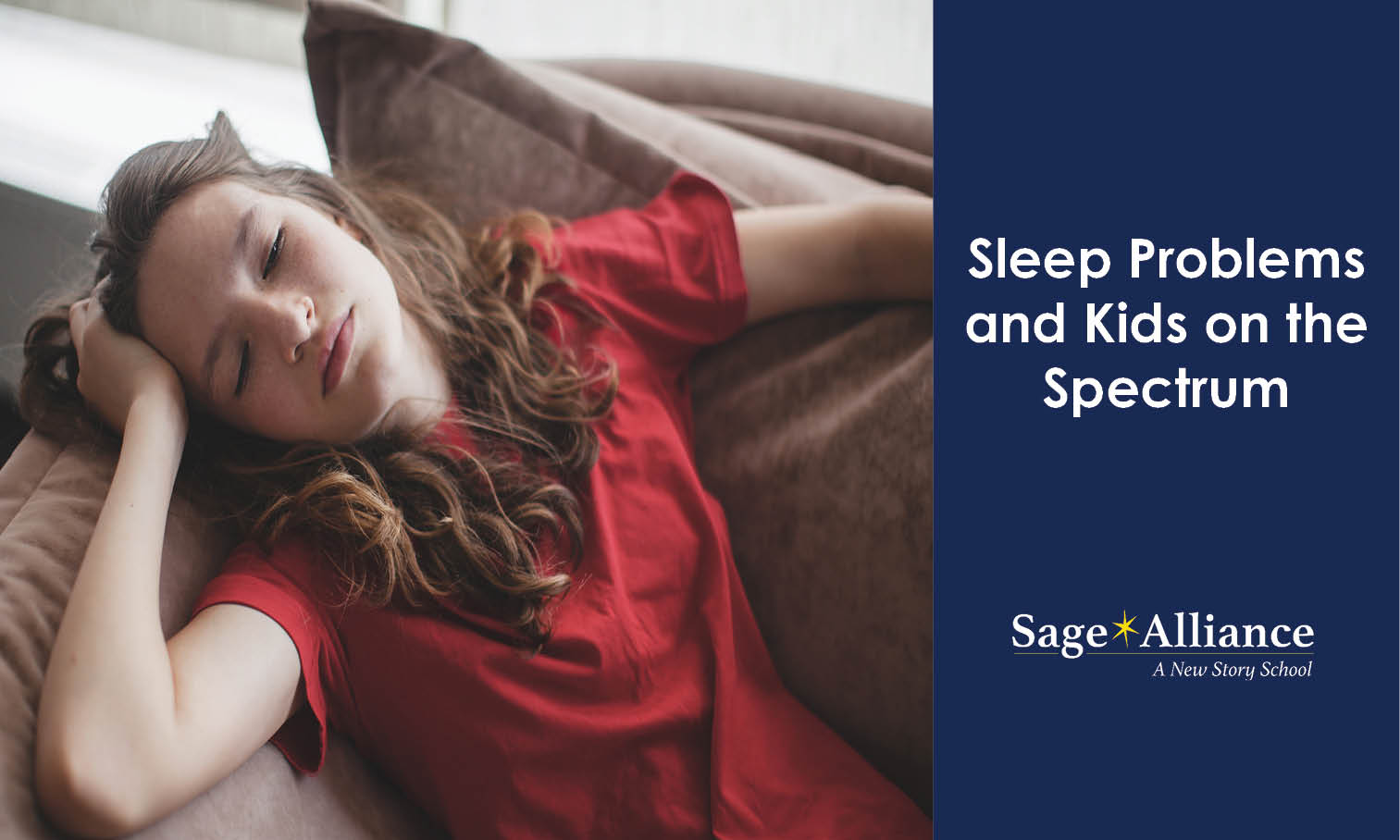Sleep Problems and Kids on the Spectrum
Posted: November 13, 2012 | Written By: Melody Gopee | Category: Coping

By Steven Korner, Ph.D.
A common report of parents, teachers, and therapists dealing with students on the autistic spectrum is a complaint about kids’ unwillingness to go to bed at a reasonable time and, consequently, chronic fatigue.
Sleep difficulties have been attributed to factors like anxiety, circadian rhythm disturbances, and the attraction of a stimulus free (i.e. parent free) environment to socialize online. With regard to the latter, many students have told me that they enjoy the late hours of night (and early morning hours) as they can search the web unencumbered by parental demands. It is almost as if these students have a reverse wake-sleep cycle. That is, they often complain of fatigue at school, but come alive at night.
Some kids are the victims of their obsessive preoccupations and once they begin an activity-whether it is doing homework or a school project or simply indulging in computer games, socialization online, or an idiosyncratic interest, they are unable (or unwilling) to stop.
Parents and professionals alike find it difficult to manage kids’ own problems with self-regulation at bedtime. Parents have tried to be reasonable by setting agreed upon bedtimes; however, this is often fraught with problems because kids may agree but cheat while parents go to bed or they may refuse to agree at all. Others remove all forms of technology from kids’ reach. Yet, this often exacerbates the problem. This is because for some of these kids socializing occurs solely online. Taking this away is often met by strong resistance. Parents are faced with trying to be an external source of regulation without eliminating the only channel for socializing that some kids have.
It is not hard to recognize that it is a very slippery slope between chronic staying up late patterns, fatigue and school failure. A vicious cycle may evolve where students are constantly tired and unable to perform, falling behind on assignments and projects and earning low test grades. Paradoxically, even this result does not necessarily move some students to reverse this sleep pattern. They are compulsively drawn to the nighttime and its’ delights.
Avoiding the power struggles that ensue that make matters worse is essential. Taking the time (and having the patience) to attempt to analyze (understand) kids’ resistance to going to bed at a reasonable time is an arduous, but necessary task. Sometimes, in the process, they may need to burn and crash before they are motivated to consider a different course. Overpowering them, however, is usually not successful. Parents who are overwhelmed should seek professional help for their student and themselves as the process of reversing this phenomenon is a difficult, but not impossible one to accomplish.
Want to be notified of new articles and resources from Sage Alliance? Click here to submit your email and opt into our newsletter.








